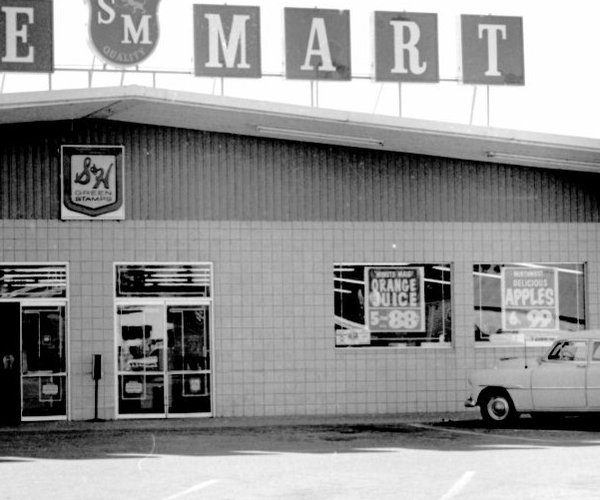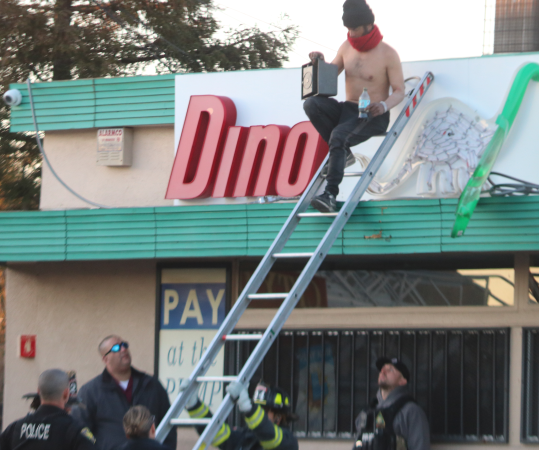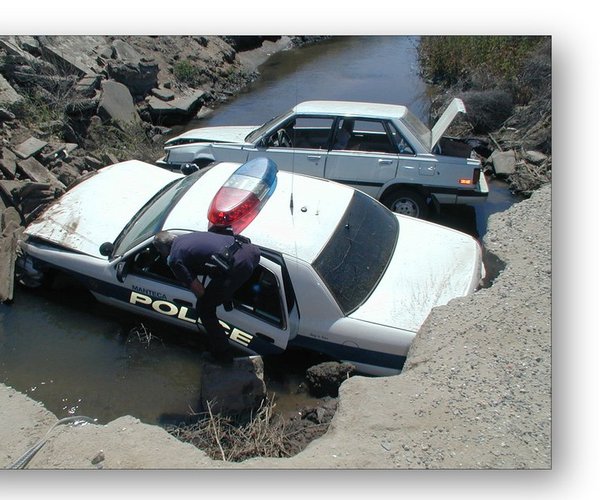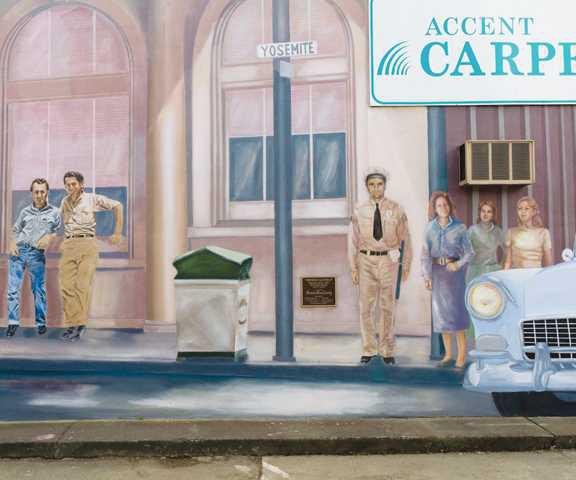Manteca’s elected city leaders are asking for voter approval of a limited 20-year three-quarter of a cent sales tax on the Nov. 5 ballot.
What were they thinking, one might ask.
No one likes paying more taxes.
The reality is they were indeed thinking.
They thought a lot about everything the city is up against.
A perennial shortage of general fund revenue to support basic services, such as police and fire protection as well as street maintenance.
Decades of the City using equipment and vehicles such as fire trucks until they start falling apart or parts are no longer available.
City workers that would impress MacGyver in terms of how they could make do with a staffing level historically the lowest by all measures — street miles maintained, acres of parkland taken care of, police and fire staffing per capita], et al — among regional cities of 30,00 plus residents.
Pressing street needs exacerbated by the fact major issues with almost every aging arterial can be traced back to when they were all originally country roads built for much lower traffic volumes.
The need to come up with funds to pair with the maximum allowed growth fees collected under state law to build needed municipal facilities such as a police station and fire station as well as desired city amenities.
The hole dug by previous indecision and, for want of a better term, degrees of “ineptness” by those hired to run the city to stay on top of fees encouraged, in part, by previous councils fearing political backlash that made it clear they should not be raised.
Unreasonable and unfair property tax sharing when property that was once in the county was annexed and developed with homes requiring much more intense government services.
A desire to put holistic solutions in place to avoid ending up 10, 20, or 30 years down the road where the city is at currently.
Literally in excess of 5,000 homes were provided with entitlements to build that, unless developers sought to alter the map or conditions of approval, could not legally be required to add remedies the city was putting in place to make sure growth didn’t continue to come up short in covering the cost of increased police and fire needs.
Maximize all other sources of income to pay for municipal services and civic facilities before asking for a tax hike.
Devising a strategy that would allow the city to catch up and establish a much more solid financial situation going forward.
The council over the last few years had done more than thinking.
They have put significant chunks of a solution in place.
Those solutions provide many but not all the parts of the puzzle.
They include:
Successfully worked with San Joaquin County to provide an equitable property tax split when annexations go forward.
Negotiated development agreements with builders that have brought projects forward on their watch that will provide per house growth fees to pay for everything from a new fire engine to a new solid waste collection truck.
Required off-site improvements such as major road widening, traffic signals, and roundabouts to go in before the first house can be sold.
Adding the requirement that all new development must be placed in a community facilities district that not only must pay for park and street light maintenance for the neighborhood being built but also street maintenance.
That same annual CFD in place perpetually also will collect additional funds to pay for more police and fire personnel beyond what the households involved would pay through basic property and sales tax.
Keep in mind before the current council came along with the aforementioned solutions they put in place there were projects approved that still have in excess of 5,000 housing units that can be built.
The city has no way to add the new CFD for police/fire/streets that is clearly the major long-run game changer unless the developer wants to change the map or take advantage of special state bonding for housing infrastructure.
And when they do seek city approval to allow such bonds to be used as part of the state requirement, the city has been using the opportunity to impose the forever CFD for police/fire/streets.
What Measure Q does, if it passes, is to allow the complete package to work.
Without it, only parts of long-term issues already creating problems or have the potential to do so, will be addressed.
The 20-year tax is expected to generate $13 million in today’s dollars on an annual basis.
That, when coupled with what growth fees have been collected and will be collected, will allow 15-year or so bonding to knock down pressing needs such as a new police station.
It will allow the hiring of nine more firefighters plus build a fire station to serve the fast growing southwest area of Manteca,
Critical personnel from the fire department to the street maintenance division plus reliable equipment and vehicles enabling them to do their jobs will be obtained.
The 20-year tax will allow Manteca time to leverage its current and future growth to secure more retail and restaurants to generate more sales tax.
Between that, and what will be close to a $6 million annual windfall when the Great Wolf room to sharing deal ends in 20 years, the lapse of the 20-year three-quarter can’t always tax if it is approved next month would be a proverbial bump in the road, if that.
The odds of everything going to plan is dependent on the tax measure.
That said, the ball is in the court of the voters.
Either Measure Q makes sense to them or it doesn’t.
Not buying into it doesn’t mean one is being anti anything.
It simply means the status quo — or a situation that is a little worse or a little bit better when some of the solutions the city has put in place kick in — is what they will settle on.
They may not want or accept that settling is the case, but the reality is you get what you pay for when it comes to local government as opposed to Sacramento or Washington, D.C.
The argument Measure Q is just pennies is shallow on the surface.
A penny can carry a lot of power if they are saved aggressively or combined with other pennies.
In the case of Measure Q, pennies have the power it change the course of the City of Manteca.
This column is the opinion of editor, Dennis Wyatt, and does not necessarily represent the opinions of The Bulletin or 209 Multimedia. He can be reached at dwyatt@mantecabulletin.com






